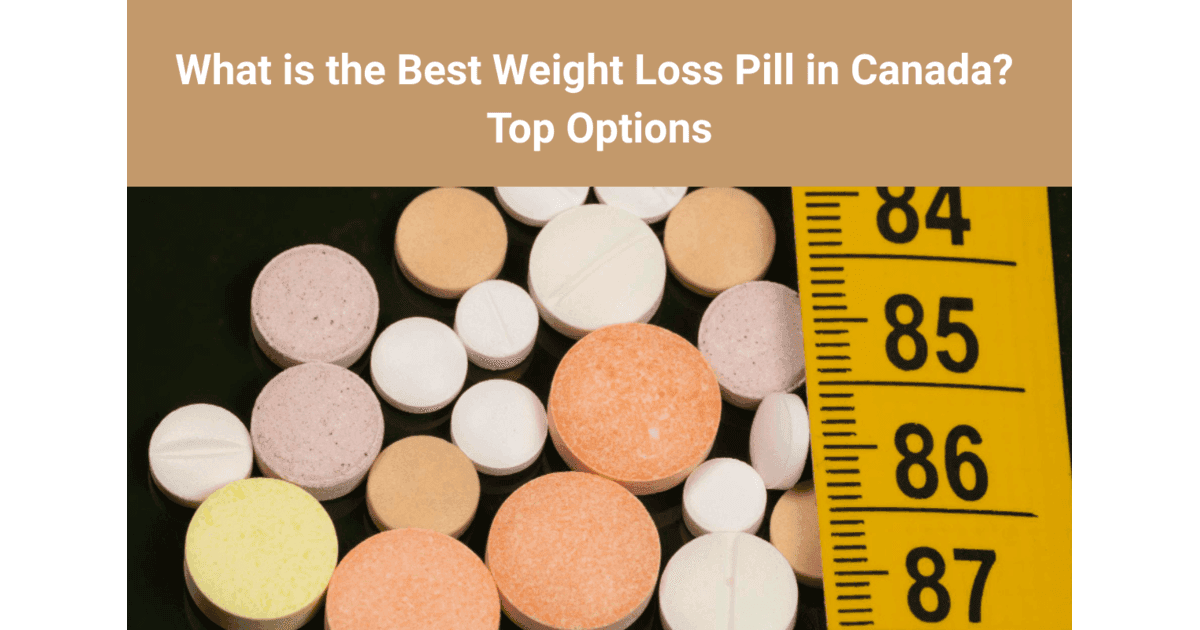In 2024, intuitive eating has gained attention for its balanced and sustainable approach to health. Unlike restrictive diets that focus on cutting calories or eliminating specific food groups, intuitive eating encourages individuals to reconnect with their body’s natural hunger and fullness signals to inform how they eat. While this approach goes against the grain of traditional diet culture, it raises an important question: Can you lose weight with intuitive eating?
In this blog, we’ll dive into the science behind intuitive eating to explore how this approach impacts weight loss, gaining weight, and overall health.
What is Intuitive Eating?
Intuitive eating is a philosophy that rejects typical diet culture, advocating for a food relationship based on internal cues rather than external rules. Developed by dietitians Evelyn Tribole and Elyse Resch in the 1990s, it was a response to the psychological toll of “yo-yo” dieting and the widespread diet mentality that often leads to stress and feelings of failure.
Intuitive eating is built on ten core principles that help individuals reconnect with their body's natural hunger and fullness signals. Key principles include rejecting the diet mentality, honoring hunger, making peace with food, finding satisfaction in eating, and promoting a positive body image. This approach is designed to help people develop a healthy relationship with food and improve mental health, rather than focusing solely on weight loss.
What is The Science Behind Intuitive Eating?
The principles of intuitive eating have scientific backing that shows its effectiveness in improving mental and physical health. Studies have shown that intuitive eaters generally experience better psychological well-being and mental health, have healthier body weight, and engage in fewer binge eating episodes. This approach emphasizes rejecting diet culture, which typically leads to chronic dieting, binge eating, and weight fluctuations for many people.
Intuitive eating encourages a stable relationship with food, reducing the stress associated with restrictive diets. Since stress and emotional eating are linked, this approach has the potential to minimize the triggers that lead to overeating and weight gain.
Can You Lose Weight with Intuitive Eating?
A frequent question about intuitive eating is whether losing weight with intuitive eating is possible; The answer isn’t straightforward. Unlike typical weight-loss programs, intuitive eating is not designed as a weight-loss tool but as a way to foster a healthier relationship with food. However, some people do lose weight through this approach, as it encourages balanced eating without the strict limitations that often lead to binge eating and emotional eating. Since food intake isn't restricted, it can cause some people to gain weight.
Intuitive eating behaviors emphasize listening to your body’s needs, which can naturally reduce overeating and break the binge-restrict cycle caused by traditional dieting. For those used to the extremes of “yo-yo” dieting, this shift may lead to a gradual, more sustainable weight loss. Still, the main focus of intuitive eating is not weight loss but improving overall well-being and building a positive body image.
How Intuitive Eating Differs from Dieting for Weight Loss
Unlike traditional weight-loss diets that focus on calorie counting and food restrictions, intuitive eating offers freedom with food. Most diets lead to temporary weight loss, but they often fail in the long run due to their restrictive nature, which can trigger binge eating and emotional eating. Intuitive eating, however, aims to break this cycle by rejecting the rules and limitations of diet culture.
This distinction makes intuitive eating effective for long-term health and mental well-being, but it is not necessarily designed to achieve intentional weight loss. For individuals who have spent years in the restrictive cycle, breaking free from the diet mentality can reduce stress and emotional eating, potentially contributing to weight stability or modest weight loss over time.
Benefits of Intuitive Eating for Health and Well-Being
The intuitive eating approach offers several benefits beyond potential weight loss. By tuning into your internal hunger and fullness cues, you can make healthier choices without feeling deprived. Here’s a closer look at the benefits:
- Improved Relationship with Food: With intuitive eating, no food is “off-limits,” which helps reduce the guilt and shame often associated with dieting.
- Reduced Binge Eating: By removing the restrictive cycle, intuitive eating helps reduce binge eating episodes and promotes a more balanced intake.
- Better Mental Well-Being: Studies show that intuitive eaters have lower rates of anxiety, depression, and emotional eating—issues often exacerbated by restrictive diets.
- Sustainable Lifestyle: Unlike diets, which are often abandoned, intuitive eating is a sustainable, lifelong approach that promotes a consistent and healthy relationship with food.
- Increased Body Awareness: Learning to identify hunger and fullness cues improves body awareness and trust, fostering a sense of empowerment over eating choices.
- Improved Body Image: Intuitive eating helps individuals develop a positive body image by focusing on health and well-being over weight loss alone. This shift can lead to greater self-acceptance and a healthier outlook on body size and shape.
Frequently Asked Questions About Intuitive Eating
Is intuitive eating effective for long-term weight loss?
Intuitive eating focuses on establishing a healthier relationship with food rather than direct weight loss. While some may experience weight loss, it is not guaranteed. Instead, the goal is to stabilize eating habits and reduce binge eating, which can contribute to maintaining a balanced weight.
How does intuitive eating address emotional eating?
Intuitive eating encourages individuals to identify and address their emotions without turning to food as a coping mechanism. This process can gradually reduce emotional eating tendencies and improve overall mental health.
What if intuitive eating leads to weight gain?
For some, especially those who have previously restricted their intake, intuitive eating may initially result in weight gain as the body finds its natural balance. The goal of intuitive eating is health and balance—not necessarily weight loss. A true intuitive eating approach, however, often helps individuals find a healthy, stable weight.
Conclusion
The science behind intuitive eating supports it as a sustainable approach to health, helping individuals to break free from diet culture and the cycle of restrictive dieting. While it may not be designed specifically for weight loss, some people do find that they can lose weight with intuitive eating. By reducing binge eating, promoting balanced eating, and rejecting the pressures of diet culture, intuitive eating encourages a healthier, more consistent relationship with food that can lead to long-term wellness.













































